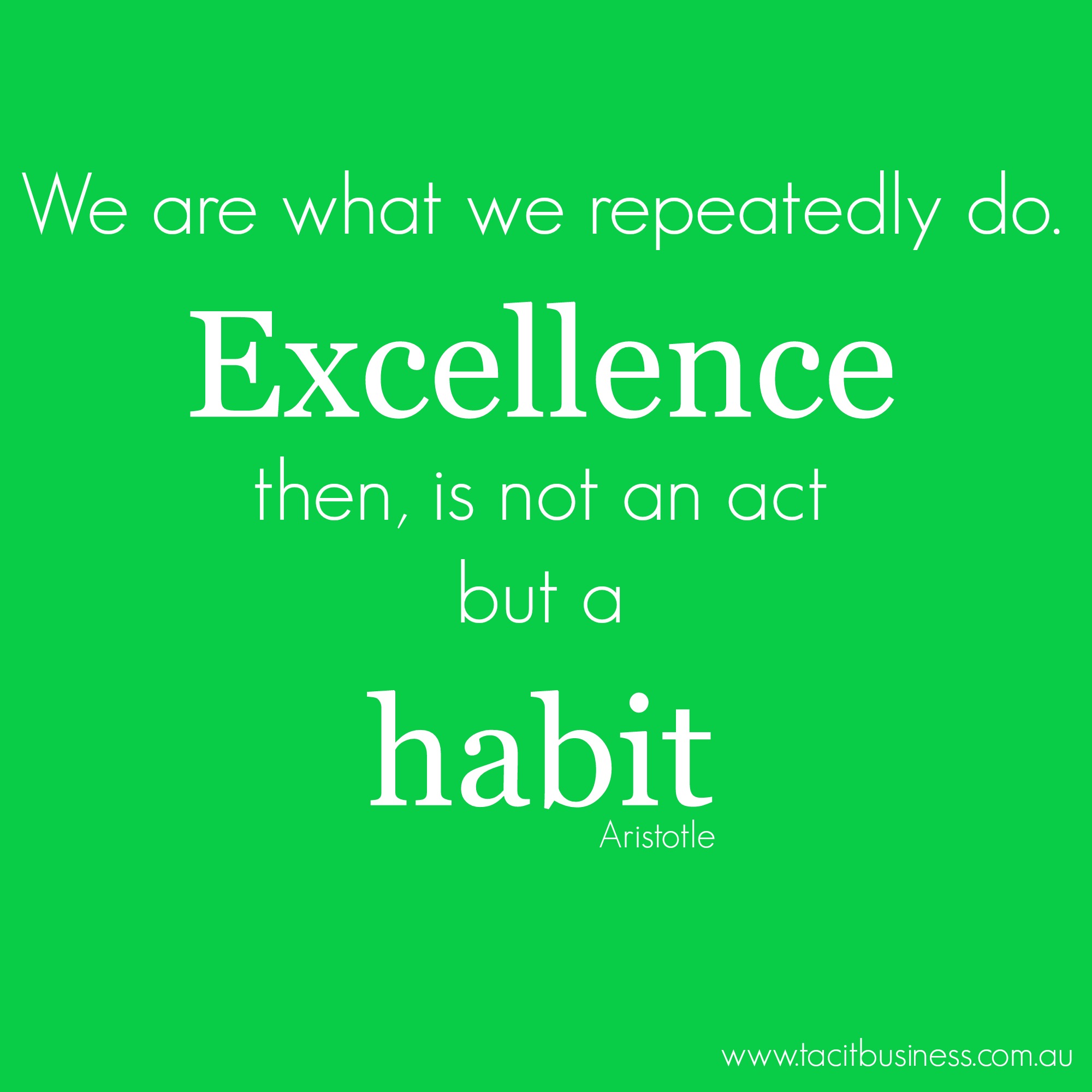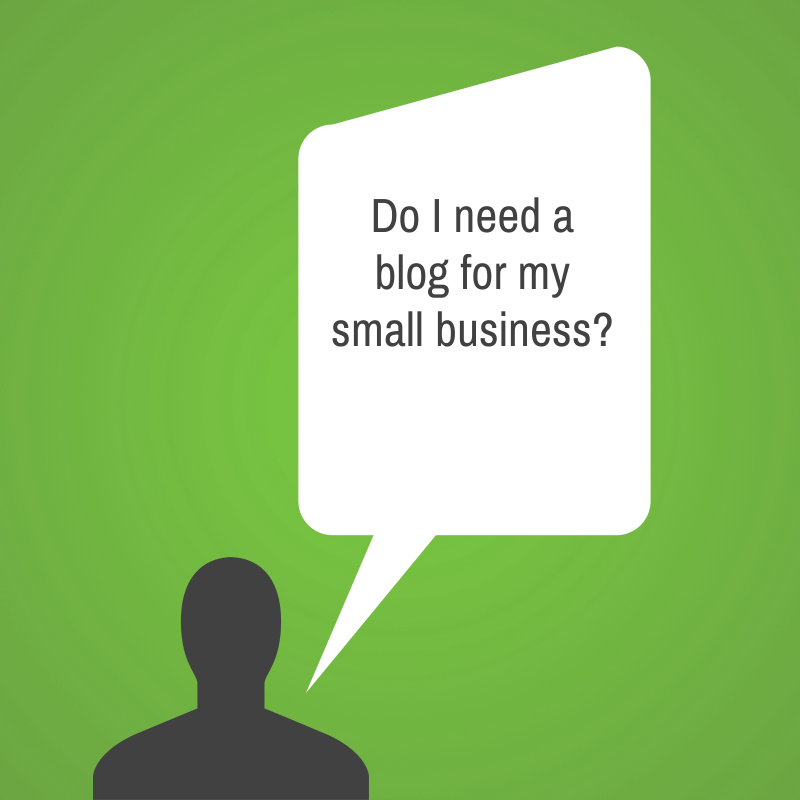
Leanne Nelson+ by | Oct 9, 2014 | Business
Early this morning I was driving to pick my son up from swimming training. Today, instead of going where I had intended, I was on autopilot and ended up half way into Geelong. I can’t even remember driving past the turn off to the pool. Road safety issues aside, I think (hope!) this is something most of us have done at some point. Business on autopilot How often do you do things in your business on autopilot, or simply because that’s what you’ve always done? How often do you stop to consider if that action is getting you where you really want to go? Before you start off on any routine task, set a process in motion or use a system, stop and ask yourself these questions. 1. Is this getting me closer to my goals? I was able to get to the pool this morning after a detour, but it would have been much more effective and efficient to go the right way from the start. Without a quick review, it’s quite possible that autopilot might lead us to the wrong destination all together. 2. Is this necessary for the running of my business? Some things seem largely unnecessary in the scheme of things, but they might, for example, be legislative requirements or necessary maintenance. Systematise these tasks and create procedures for them. It’s then quite possible they could be delegated (see number 4). 3. Is this the best way of doing things? Especially for those items in number 2, regularly check the most efficient and effective way of carrying out tasks or processes. Technology and methodologies change all the...

Leanne Nelson+ by | Sep 2, 2014 | Websites
Website user experience. It impacts how many people sign up for your e-newsletter. It impacts your bounce rate. It impacts whether anyone sees that awesome offer you’ve spent a gazillion hours working on. So what, exactly, is it? What is user experience? Website user experience: A person’s behaviours, attitudes, and emotions about using a (website). User experience includes the practical, experiential, affective, meaningful and valuable aspects of human-computer interaction and product ownership. Wikipedia In short, poor website usability equals poor experience, which equals poor results. How can you ensure your website performs well in the user experience stakes? Keep an eye out for these 10 common mistakes. 1. Calls to action are lost A website has a goal, a reason for existing. It might be to entice visitors to call you, capture email addresses via a sign up form or to directly sell products. Whatever the action you want someone to take, it should be easily identified and accessible to visitors. Not buried amongst Adsense ads. Not in teeny text at the bottom of the page. And certainly not non-existent! 2. Navigation makes no sense Using a website without clear navigation is like trying to get to get to Manangatang without a map. You might succeed, but chances are it’ll take you a whole lot longer than it should and you’ll be cranky when you get there. You might even give up and go to Bendigo instead. You have the map for that trip. Making your website visitors work to find something is a sure fire way to turn them away. In short, poor website usability equals poor experience, which equals poor results. Click...

Leanne Nelson+ by | Aug 1, 2014 | Content marketing, Tools, Tips & Resources
Not long after I hit publish on the outsourcing issue of Tacit Business Boost earlier today, this little gem popped up in my Facebook feed. It’s from a professional consulting firm who have apparently decided to outsource their social media posting. We all occasionally make the odd typo, or leave a word in that we meant to delete. But you have to ask, does that post leave you feeling inspired to book their services? Now, I understand that social media is time consuming and that there are lots of options out there to have it managed for you. In fact, I wholeheartedly encourage you to outsource part of your social media activities (listening, drafting posts, scheduling approved posts, preparing graphics, etc). However, this post highlights the perils of handing over any aspect of your business without the appropriate checks in place to ensure that the finished product is one that correctly represents your business. Outsourcing wisely is a necessity to run a successful business. Outsourcing imprudently can have...

Leanne Nelson+ by | Jul 29, 2014 | Gallery, Websites
The committee from St Anthony’s Debutante Balls, a major fundraiser for a local primary school, were looking to increase the awareness of their events in the local community. We worked with the committee to create a simple website that provides basic information and showcases the professionalism of their balls. Congratulations to the St Anthony’s Lara Debutante Balls committee on the launch of your new...

Leanne Nelson+ by | May 30, 2014 | Content marketing
You’re thinking starting a business blog would be a good way to connect with your market and build a community around your product or service. You’ve read about the advantages of having a blog for business. Where to next? 1. Who is your reader? Before you start a business blog it is critical to know who your readers will be; not in the individual sense, but in the same way as you know who your ideal customers are. This will help you find the correct “voice” for your writing, as well as help you determine what type of content you should add to your blog. A unique voice will help you stand out from the crowd. 2. What do they want to know? Once you’ve determined who your readers are it is easier to determine what it is they want to know. While people visit blogs for a myriad of reasons, they will generally visit a small business blog to find information or a solution to some sort of problem. This solution should be linked to a product or service you sell to enable you to naturally generate leads from your content. 3. What do you have to tell them? Providing helpful information in an interesting manner consistently is possibly the number one way to keep people coming back to your blog. In time, you will be able to build trust and authority with these readers, generating business through sharing your knowledge. Make a list of your areas of expertise and start writing blog posts that inform and/or solve problems from there. Think about how you would break your information up...

Leanne Nelson+ by | May 13, 2014 | Content marketing, Tools, Tips & Resources
A blog can be a helpful addition to your small business website. If you’re searching for a way to reach your customers and keep them informed, a blog might be the answer. Nearly every business has useful information and opinions about their product, service and market that can be shared with their market via a blog. What can a blog do for my small business? 1. Act as a home base for your shareable content A blog can act as a home base for your shareable content. While it might seem easier to just write a post on Facebook and share it to Twitter from there (for example) keep in mind that you ultimately have no control over these platforms. If they are the home base for your content and for whatever reason your account is disabled or the rules of the platform change, you might be left with nothing. A blog is a central point from which information can easily be shared, linked back to and repurposed. 2. Build relationships & authority within your niche A well written, useful, informative blog can help build relationships and authority within your niche. By consistently engaging with readers and providing good content, people will come to see you as a trusted resource – hopefully, one they would love to do business with! 3. Control the conversation about your brand We all want people to talk about our brand, and we want them to say good things. A blog can be a place where you can acknowledge your evangelists and direct the conversation. If the discussion goes awry because of something you did, didn’t do or you’ve attracted...








